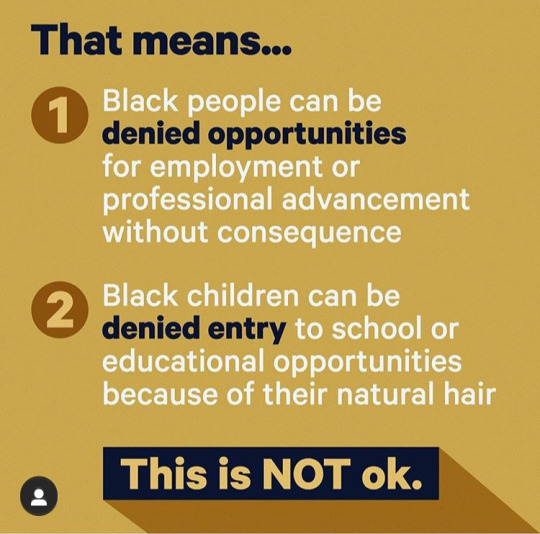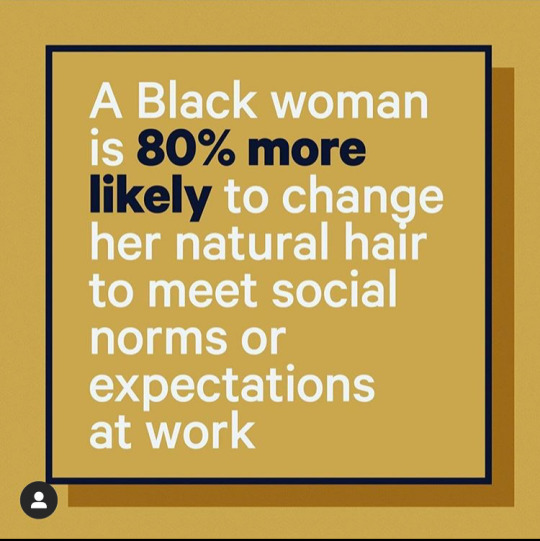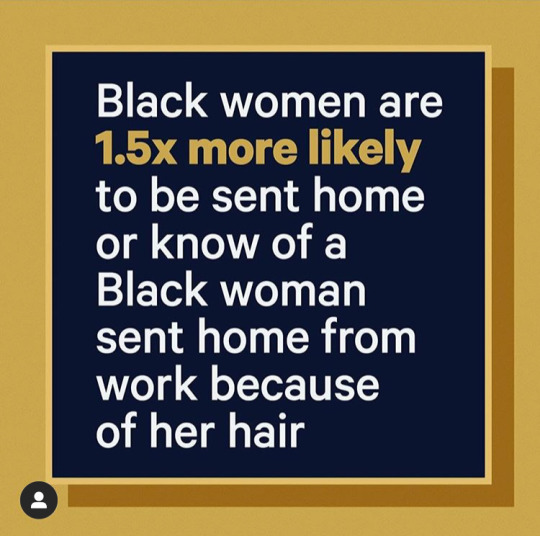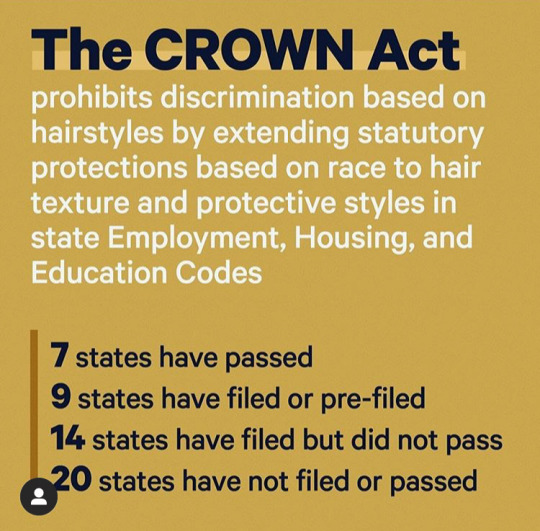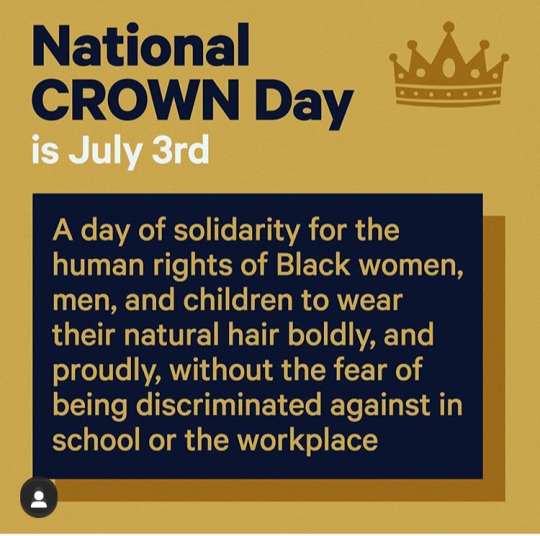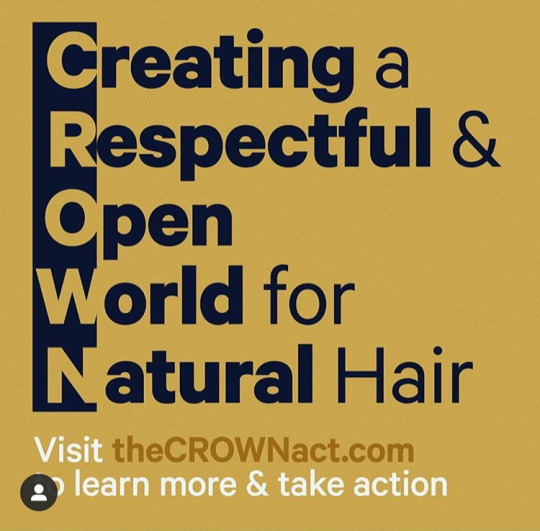Text
to whom it may concern :
Throughout the next couple of posts, you’ll be reading about long term effects of trauma, specifically transgenerational trauma, cultural trauma, and survivor syndrome. As a black youth in America, I noticed that some of the feelings and experiences I’ve experienced were not unique to me, my upbringing, or my location and as I grew older I realized they were the effect of long term disenfranchisement and the lack of identity created by intensive circumstances and oppressive systems. Many of the stereotypes and stigmas attached to black and brown communities in America are actually symptoms of a deeper rooted issue started many generations ago. As social media has become a bigger part of day-to-day life, The ability to communicate with peers nationwide has allowed this conversation to grow beyond advocators’ soapboxes. Issues that had been pushed aside we’re now getting the recognition and validation they deserved. One of those conversations being the discussion of transgenerational trauma, Post Traumatic Slave Syndrome. A term coined by Dr.Joy DuGruy, to describe the specific symptoms of the cultural trauma passed down to black Americans from their period of enslavement and ongoing oppression. As I begin to read some of the symptoms and hear more about veterans generational trauma I begin to identify it into everyday life, simple things that before would just seem like a difference in opinion, or values appeared to be long term negative mindsets passed on from people who raise them from a place of pain. Even with this pain, communities affected by cultural and transgenerational trauma continue to persevere, creating a place of refuge in culture for many generations, but as we get into a new decade it is time for us to begin looking at the unhealthy coping mechanisms we as individuals and communities have turned to in the midst of fear and oppression. It is time as young adults, for us to begin to and heal from these traumas and triggers and begin to prepare the next generations to be strong and capable adults, able to live up to their full potential, without feeling like they are inferior or incapable of success.
#transgenerationaltrauma#transgenerational#trauma#historictrauma#healingtrauma#problack#brownandproud#prochoice#probrown#blackpower#blackgirlmagic
7 notes
·
View notes
Text

This intense image by Eva Bee is extremely powerful because it shows the how what happens to one person can affect many, in this case 7. In this image you see Russian nesting dolls, representative of a multigenerational family. A stake is driven through the largest/oldest male heart, which you then see generations of his family members with holes in their heart or chest area, this can be a metaphor for physical pain or emotional pains both which can be symptoms trauma. This image is a very creative way to share the idea of transgeneration pain and trauma.
2 notes
·
View notes
Quote
Currently, in my school, I am apart of a learning community called Umoja. Umoja is a community and resource that’s goal is to enhance the cultural and educational experiences of students, specifically African Americans. This looks like providing a space to study, tutoring hours, access to computers, classes with trauma-informed instructors, class cohorts, and field trips. This is all in hopes of leveling the playing field and educating the information they can need to succeed in school and society but often isn’t offered in the home or in K-12 education. Black youth are often left alone to thrive in an oppressive system that was not set up with their best interest in mind. Often they’re coming from generations of oppressed and traumatized people who have never been given the space to be successful. Dr. Joy DeGruy, who is in the second video I shared earlier, speaks about this phenomenal she has coined Post Traumatic Slave Syndrome (PTSS). PTSS Is a form of transgenerational trauma that specifically affects the African-American or black community. The education that I have received around the subject has awoken me to so many mindsets and ways of living that I hadn’t realized has been passed on to me through history, for example, the unconscious romanticization of Eurocentric beauty standards.
Jasmine, 20, BCC
1 note
·
View note
Video
youtube
This descriptive video created by high school students, a psychologist, and other stakeholders shared a moving story of a true story of a Minnesotan family, that experience change transgenerational trauma. This video speaks on the historic racial disparity in school, housing, financial status, employment rates, and other areas of life in Minnesota. This video identifies the historic racial inequality are still apparent today due to the oppressive systems that are often unable to properly support clients. This concept is displayed through a full story that walks through the life of a young family trying to deal with everyday life while struggling to manage their natural trauma responses and maneuver through different systems. The story is shared by a physiatrist who worked with the mother in the story, she told it from a real point of view, even reflecting on her role in the story, and how her own implicit biases almost became a problem. I felt this video was a real example of what transgenerational trauma can look like in the community.
#transgenerational#transgenerationaltrauma#historictrauma#trauma#probrown#traumainformed#problack#blackpower#blacklivesmatter#blm#blackandproud#healing hearts#health#wellness#selfcare
0 notes
Link
1. Epigenetics is a term used to describe changes to genes without changing the DNA sequence.
a. Epigenetics without changing the DNA sequence modifications are then passed down to the newly created cells to the
b. Human genome changes slowly through things like random mutations or natural selection, however, epigenomes can change rapidly due to their environment.
2. Epigenetic mutations does not mean automatically mean the appearance of immediate mental health issues.
a. Despite changes in DNA, epigenetics just create a genetic susceptibility or predisposition.
b.Environmental enrichment can help reverse the effects of epigenetic mutations. Healthy habits like a healthy diet, exercise, laughter, and human connection can help build resiliency.
Whether or not you believe in the effects of epigenetic or are experiencing the effects of trauma, making sure that you’re doing or following smart and healthy habits can help curb the effects, and begin healing for the next generation.
#transgenerational#transgenerationaltrauma#historictrauma#healingtrauma#blacklivesmatter#problack#probrown#brownandproud#blackpower
0 notes
Link
New research has come out to show that transgenerational trauma can be biologically passed down.
1. New research has come out that corroborates been done to show the effects of transgenerational trauma.
a. One example the author used was a study that taught mice to fear the smell of cherries by the utilization of electric shock therapy, later the children and grandchildren showed symptoms of anxiety when they smelled cherries even though they never experience the trauma.
b. The National Academy of Sciences found that Civil War veterans who were prisoners of war sons died at a younger age than the sons of soldiers who were not prisoners.
2. The epigenetic mutation was stronger in men leaving scientist to believe that it may be transferred primarily through the y - chromosome.
a. The author also cites the 1944 “Hungry Winter” study from the Neverlands, that study shows that children conceived during this time are more likely to have heart disease, and the children of men who survived the famine were more likely to be obese.
b. A 2014 study showed that men who began smoking before 11, their son’s were more often more overweight than the son of men who started smoking after 11 (after they began producing sperm).
I appreciate this argument because it is written by someone who holds a personal stake in the issues, and shares about how she wants to move away from the ‘traumatized’ rhetoric and toward a story of empowerment. She begins by stating that the reality of that research has proved time and time again, that the effects of trauma and poor living conditions can be inherited. In a new study by Dora Costa of UCLA shows that this is primarily apparent in men and boys, which leads data analysis to believe that epigenetic mutations happen more in the Y- chromosome. Unfortunately, the survey that made this apparent was similar to the Mt. Sanai study of Holocaust victim study in that it didn’t study enough generations, but this study had a larger sample size of more than double. Unlike the Mt. Sanai study this study didn’t actually test the actual DNA of the sample, the examined all external factors, and through the process of elimination, so it isn’t as entirely conclusive. New research has come out to show that transgenerational trauma can be biologically passed down.
New research has come out that corroborates been done to show the effects of transgenerational trauma
One example the author used was a study that taught mice to fear the smell of cherries by the utilization of electric shock therapy, later the children and grandchildren showed symptoms of anxiety when they smelled cherries even though they never experience the trauma.b. The National Academy of Sciences found that Civil War veterans who were prisoners of war sons died at a younger age than the sons of soldiers who were not prisoners.2. The epigenetic mutation was stronger in men leaving scientist to believe that it may be transferred primarily through the y - chromosome. The author also cites the 1944 “Hungry Winter” study from the Neverlands, that study shows that children conceived during this time are more likely to have heart disease, and the children of men who survived the famine were more likely to be obese. A 2014 study showed that men who began smoking before 11, their son’s were more often more overweight than the son of men who started smoking after 11 (after they began producing sperm). I appreciate this argument because it is written by someone who holds a personal stake in the issues, and shares about how she wants to move away from the ‘traumatized’ rhetoric and toward a story of empowerment. She begins by stating that the reality of that research has proved time and time again, that the effects of trauma and poor living conditions can be inherited. In a new study by Dora Costa of UCLA shows that this is primarily apparent in men and boys, which leads data analysis to believe that epigenetic mutations happen more in the Y- chromosome. Unfortunately, the survey that made this apparent was similar to the Mt. Sanai study of Holocaust victim study in that it didn’t study enough generations, but this study had a larger sample size of more than double. Unlike the Mt. Sanai study this study didn’t actually test the actual DNA of the sample, the examined all external factors, and through the process of elimination, so it isn’t as entirely conclusive.
#health#transgenerational#transgenerationaltrauma#historictrauma#trauma#healingtrauma#blacklivesmatter#blackpower#probrown#problack#blackandbrown
2 notes
·
View notes
Link
In this opinion based article was written by Dr.Yasmin, she works to debunk research done by Yehuda on epigenetic inheritance. Epigenetic inheritance is a fancy word for molecular scars. This idea is talked about in the first video I shared, but it is the idea that as trauma is experienced it creates a rearrangement of the cells that the survivor's genes, also known as methylation, which can then be passed down to future generations.
This study is incomplete or invalid.
1. Epigenetics does not account for social factors.
2. This study found a genetic modification in a gene related to stress relief, in this article, the author claims that not enough genes were looked at.
3. The physical DNA changes found were minimal.
4. According to this article to make this argument valid you would need to have tested at least four generations of Holocaust survivors.
Lastly, the article poses this question: Is DNA methylation caused by trauma or does it just increase the risk of PTSD?
#transgenerational#transgenerationaltrauma#historictrauma#healingtrauma#trauma#blackpower#problack#probrown#brownandproud#blm#blackgirlmagic
0 notes
Video
youtube
This video is made by a group of researchers at SciShow, who film and produce crash course- like YouTube Videos in an array of theories and topics primarily related to science. Their goal is to answer commonly asked questions, as well as debunk myths with evidence and peer-reviewed research in hopes of making information accessible for people of all backgrounds. This specific video talks about transgenerational trauma, and the social and biological effects to it, also known as epigenetics.
0 notes
Conversation
random person: What is transgenerational trauma?
me, an advocate who's been doing her research:
Transgenerational trauma often referred to as intergenerational trauma, is the trauma passed down from original survivors to future generations via complex post-traumatic stress symptoms. Mental illness is defined as a "wide range of conditions that affect mood, thinking, and behavior". Since statistics show that the effects of trauma can be passed down by internal and external factors no matter which factors are the cause, I believe we should treat trauma survivors as any other ill patient and provide the resources they need to be healthy and happy members of society.
#trauma#transgenerationaltrauma#intergenerational trauma#historic trauma#healingtrauma#truama passed down#black lives matter#brownpride#problack#blackgirlmagic#blackboyjoy#lol
12 notes
·
View notes
Text
Welcome,
as someone who falls into the intersections of multiple minority groups, I have seen and experienced the short term, long term, and intergenerational effects of trauma. For my research, I will be looking specifically into what intergenerational trauma is, and how it is recognized by academia and the medical field. I hope to look into treatment, coping skills, as well as symptoms, and causes. My focus will specifically be on the audience I intend to share it with, which include communities that have statistically had high levels of trauma. This being my POC peers, students, and out of school youth.
#transgenerational#transgenerationaltrauma#trauma#historictrauma#poc#blackgirlmagic#blackpower#problack#probrown#blacklivesmatter#brownandproud#sesipuede#healing#healingtrauma#intergenerational trauma#blm#allies
2 notes
·
View notes

